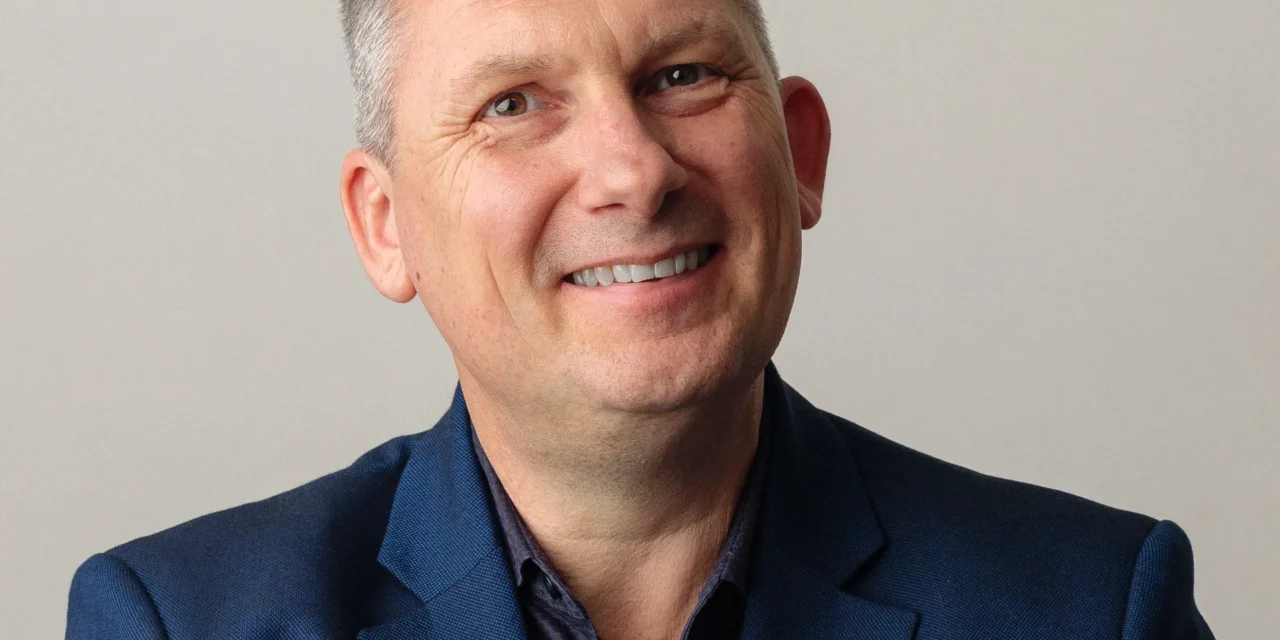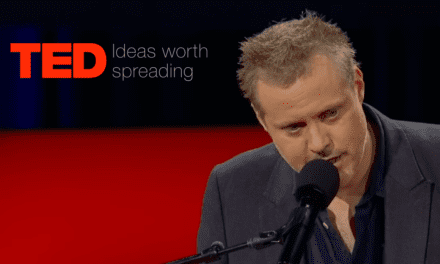© As first published in HR Magazine 07/24
You may have noticed that organisations have started to include a reference to ‘human’ in some aspect of their culture, strategy or branding. Why?
There are many reasons behind this trend. One is that, in an increasingly digital and post-Covid-19-pandemic world, authentic human-to-human connection is ever more important to us. It is a need that many customers, employees and other stakeholders now look for when making decisions about the companies they want to engage with.
Maya Angelou’s words seems more relevant than ever: “People will forget what you said; people will forget what you did. But people will never forget how you made them feel.”
It is no surprise that many organisations are recognising the benefit of catering to this growing expectation. But developing a human experience strategy is not as simple as organisations first anticipate. If done poorly it can quickly backfire, creating avoidable costs and disruption.
Often the problem starts with the term itself. Because we are so familiar with the word ‘human’ in our day-to-day lives it is easy to assume we all have a shared understanding of what it means. So, many organisations skip the most crucial stage of taking the time to meaningfully discuss and define it within their own unique context.
What does it look like when an organisation is ‘human’ in its way of being and working? What is the mindset, language and visible expressions of this?
Quite rightly, there are many ways that this can be answered. It does not, and cannot, have a standard meaning and application when adopted by organisations.
Because if organisations use the term ‘human’ in some way, they must know what that means to them. Like ‘culture’ it must be a unique and intentional expression of the organisation. One size will not fit all. Just as we are unique as individuals, so should organisations reflect their own characteristics and place in the world.
The word ‘human’ can easily and invisibly create problems as it moves from the boardroom to operational use. What sounds like a suitable, high-level definition may not have sufficient clarity to allow it to be applied in practice across a range of functions, services or products.
So where can you start? I have found two questions very helpful in opening the conversation. The first is to ask people what the term human means in a professional or work sense, and ideally in one sentence.
Responses tend to fall into one of two categories. The first references characteristics or traits that the respondent associates with being human. For example, humans are irrational.
Others are more interaction-focused, which typically leads them to describe a personal principle that guides their behaviour: ‘I treat others how I would like to be treated’, for example.
There is no right or wrong; either type of response can be helpful. But each has a different philosophical and practical orientation, along with associated risks and benefits. The next stage for an organisation is to find an interpretation of human that best aligns with their own unique identity and plans.
My second question is to ask people to identify the source of their belief about what it means to be human within a work context. Here too, there is a diversity of responses.
Some might refer to a manager or colleague who they liked and try to copy. Others have a personal interest and have undertaken some self-study. Most reference a personal view, or say that they have never really thought about it.
But almost no one states that their knowledge came from structured and intentional guidance from an employer. Without this, there will clearly be inconsistency and wide variation in how employees interpret what ‘human’ means. And that risks undermining any initiative that organisations develop to be more human.
Defining what human means is the first step in creating a human experience strategy (HES) that reflects an organisation’s brand and culture. An HES will undoubtedly be essential for many organisations if they are to navigate and thrive in a rapidly changing world.
Organisations have always been about humans serving humans. But perhaps ironically, the relentless drive of technology is making organisations (and society) think harder and more urgently about what that means. For organisations that want to call themselves human, this must be the result of intelligent design, not assumption.





